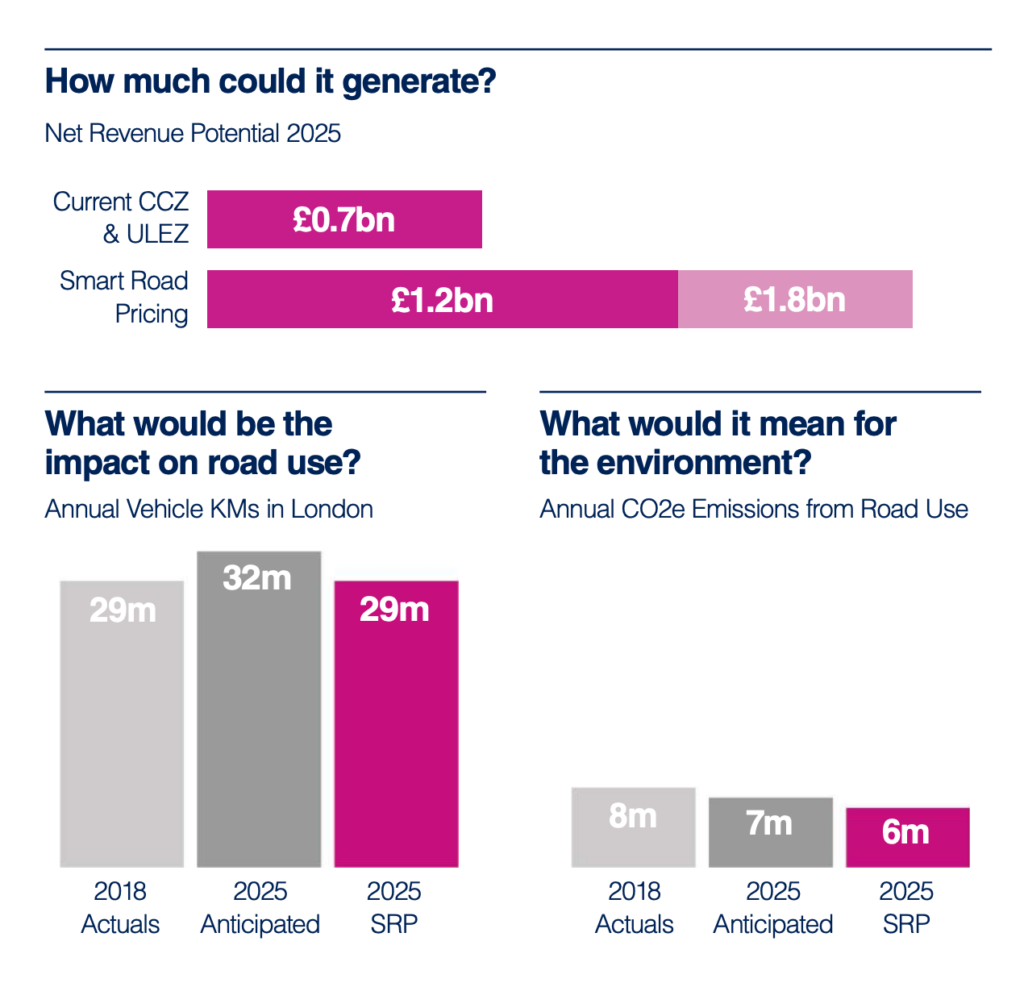Transport for London (TfL) faces losses of £2bn per year as changes to travel trends threaten the operator, according to a new report by business campaign group London First and professional services consultancy Arup.
Transport in London highlights how the body responsible for the UK capital’s transport network saw passenger numbers and revenue plummet due to the coronavirus pandemic.
According to the report, TfL’s revenue model showed signs of strain before Covid-19, but the 65% reduction in tube demand and 44% reduction in bus demand between March and November 2020 hit TfL’s finances hard.
The study therefore proposes possible funding models for TfL once the UK government’s short-term bail out ends and puts forward four possible solutions for consideration that could secure the long-term financial sustainability of TfL.
One recommended option is to replace the Vehicle Excise Duty with a new model for accessing London’s road network, paid to London government, to ensure that those who drive into the capital pay their fair share for the maintenance of London’s roads.
A similar proposal has been called for by the mayor of London, Sadiq Khan.
The report also suggests the introduction of smart road pricing. Under this plan the current congestion charge and low-emission zones would be replaced by a more flexible system that could take into consideration the type of vehicle, distance driven, and time of day.

Additionally, the report puts forward the idea of harmonising the existing fare structure by integrating the flat-fare bus and zone rail system into a single, less complex network-wide approach.
Increasing new travel choices was also encouraged. The report said this would enable TfL to be a commissioning and licensing authority for choices such as cycle hire schemes, with new operators able to enter the market.
Jasmine Whitbread, chief executive of London First, said: “The world of travel is not going back to how it was before the pandemic, and with more working for home on the cards, it is clear that the old model of relying on fares to fund the capital’s transport network is dead.
“A new long-term sustainable funding deal must take into account what a 21st century global capital needs and that must include considering bolder solutions including new road pricing mechanisms and reforming fares.”





